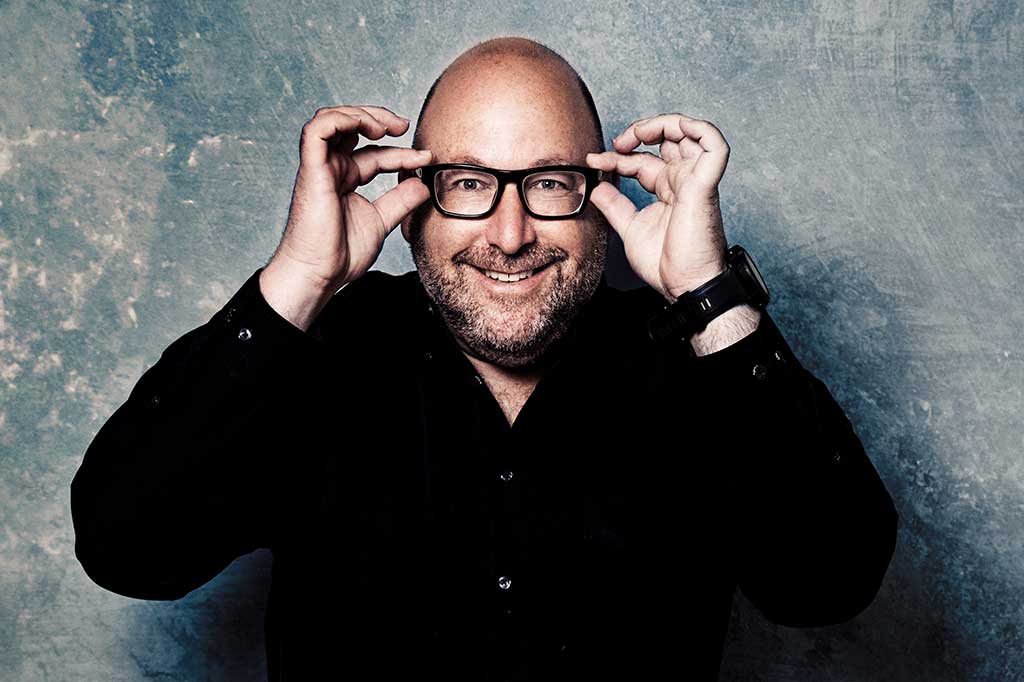By Howard Feldman, Head of Marketing & People at Synthesis
Maybe my family is different, but when we get together for a “family meeting”, it looks nothing like one that President Cyril Ramaphosa hosts.
For starters, everyone gets to speak. Everyone gets to ask questions, often at the same time, which is one of the reasons that there is always food at our family meetings, as that ensures that there are at least some moments when we are chewing and therefore not speaking. And because we also really like food.
There are some similarities between our family meetings and that of the President’s. We also never start on time, thanks to my younger brother who is under the impression that 15 minutes late is spot on, and that 30 minutes late is just 15 minutes behind. We also aren’t too keen on the whole smoking thing, and we too try and limit our alcohol consumption. We are also always done by 23:00, even if the curfew is at midnight, because as a rule we are morning rather than night people.
For a while, South Africans loved the family meeting idea. The name made us feel like family. It suggests warmth, care, trust and closeness. It created the impression that we were the President’s nearest and dearest, which is why we laughed uproariously with him last year when he struggled to put on his mask correctly. Just as we would laugh kindly at our favourite quirky uncle. And which is why, back in the day, we worried about the President: why we debated on social media if and why he looked stressed, and why we were concerned if he was managing and sometimes thought that maybe he just needed a hug.
But then something changed. A bungled vaccine roll-out, promises not kept, repeated corruption and allegations of misappropriated funds and the feeble attempt to blame the “rich” relatives in other parts of the world, made us skeptical and jaded. And because that is not at all how family is meant to treat each other, we started to wonder why we had been called to a meeting in the first place.
What followed, was a cynicism and the realization that the so called “family meeting” wasn’t one at all. And that even if at one stage it might have been a gathering of people who cared for each other, it was no longer one. Despite all the reassurances and despite calling it a family meeting, the reality is that South Africans have no place at the table, have no voice, and are in fact left outside, only able to look in through the window.
Not able to participate. Or engage. Or ask questions. Or to comment.
It might be many things, but the one thing that it is not, is a family meeting.
There is a hardly a debate about the lack of success around so-called vaccine rollout. As we head into June, South Africa stands behind many countries on the continent in its rate of vaccines per 100 people. With less than one million people vaccinated, there is little that an inspiring speech or a carefully crafted statement can do to convince South Africans not to be despondent.
What makes matters worse, is that without the ability to take government to task, to demand answers and to questions, and to ask for the information that we crave, the chasm between government and the citizens will grow instead of close. And when that happens, the government should not be surprised when the members of the “family” behave like stubborn children who refuse to comply with what is asked of them. Because the refusal to engage, is no different to telling the voters that they are children and that as children they should be seen, but not heard.
In my family we don’t always get along. Sometimes we annoy one another, on occasion we frustrate each other and sometimes we all talk at once, but seldom do we not speak. Seldom do we ignore the questions that we might have for each other, because at the end of the day, we are family.
And family engages.




